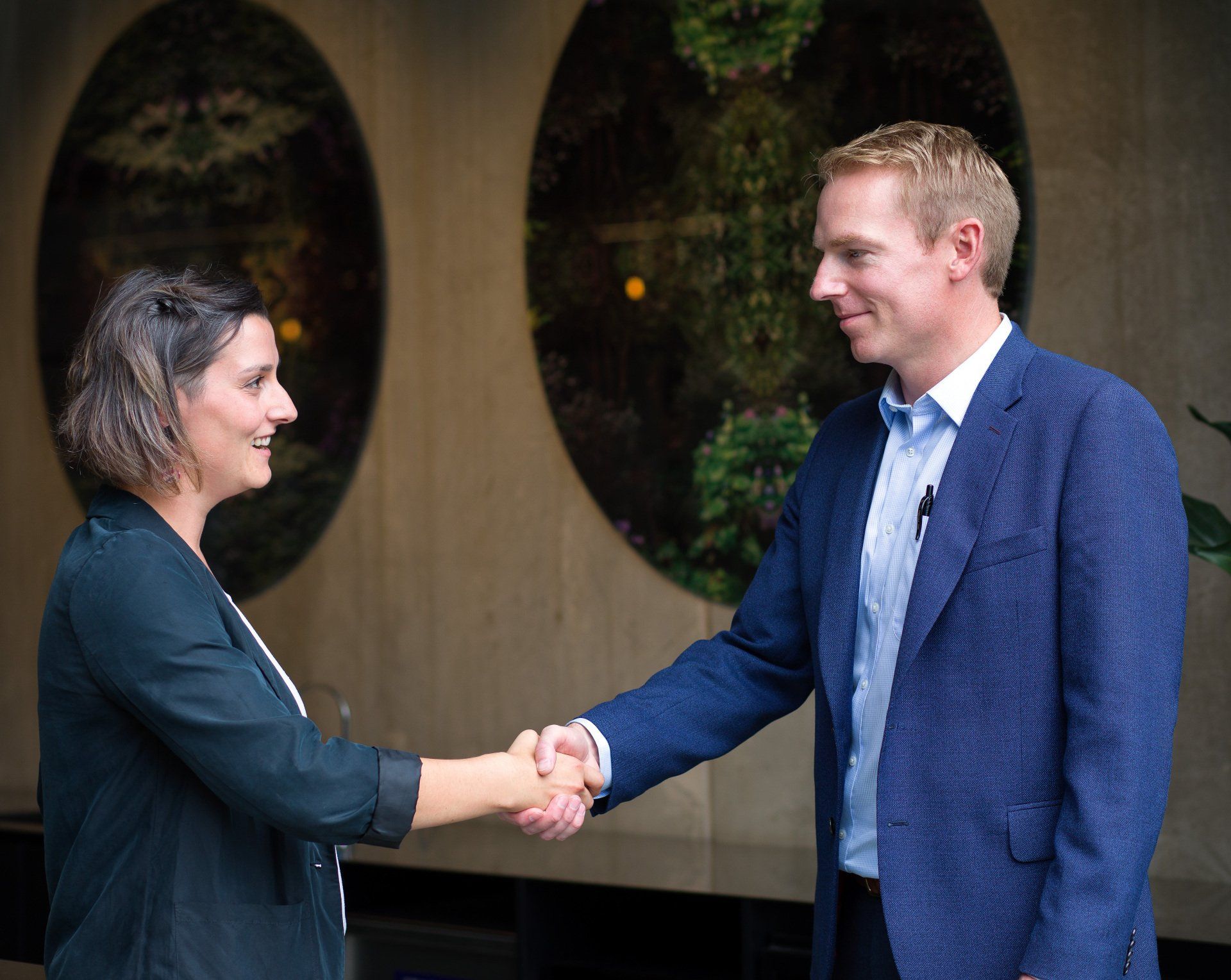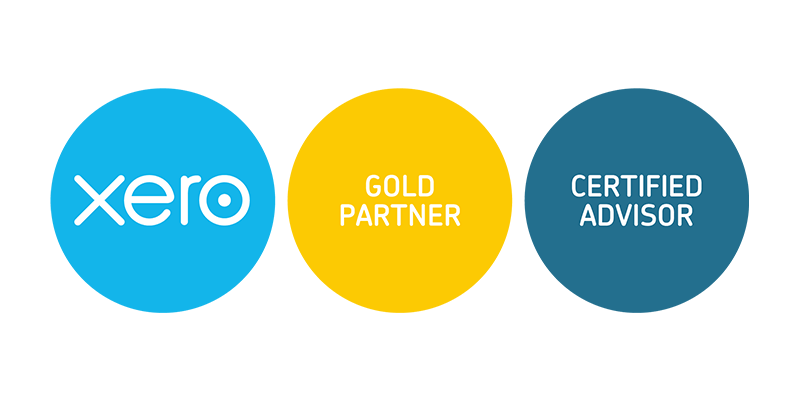Focused on people, driven by results
We make the complex simple
We are a small firm which delivers a focused and specialised service for our clients. We work with multiple industries, with a strong focus on the healthcare sector.
We work with you to maximise your wealth and meet all your tax obligations while freeing you up to focus on your business.
Tax Planning
Preparation of tax returns and advice on payment of tax. We work to minimise your tax
Managing Trusts
Trusts are a popular way of protecting property and managing assets.
Business Advice
Financial & strategic advice to protect your assets and maximise your wealth.
Financial Statements
Preparation of financial statements for sole traders, partnerships, companies & trusts.
Accountancy services for the healthcare sector:
Healthcare Practitioners
We work with healthcare practitioners throughout their career journey
Medical Practices
We understand the healthcare sector and work with practices to supply the services and advice they need
Consultants & Surgeons
Tax planing and accountancy services for consultants and surgeons
Pharmacies
Support for retail healthcare businesses
Trust is the foundation of great business relationships
We provide income tax, accounting and bookkeeping services to individuals, small businesses and corporate clients. Our services are tailored to the unique needs of each client. We work as part of your team, understanding your needs and what matters to you.
| Our Values | |
|---|---|
| ✓ Trust | ✓ Confidentiality |
| ✓ Accuracy | ✓ Value |








